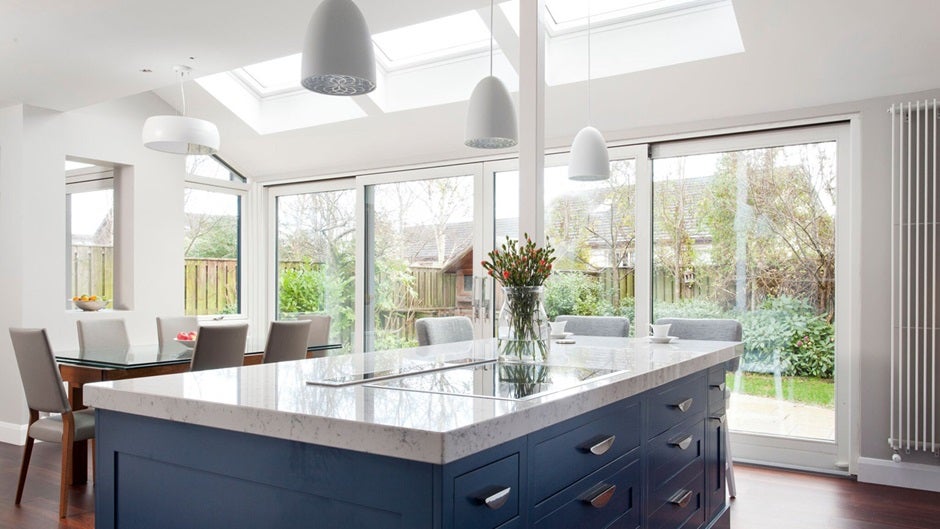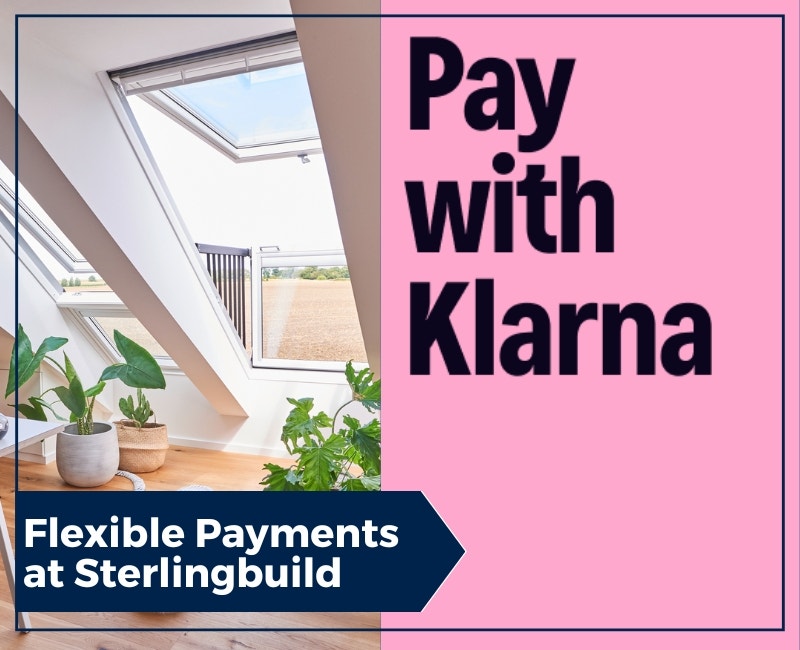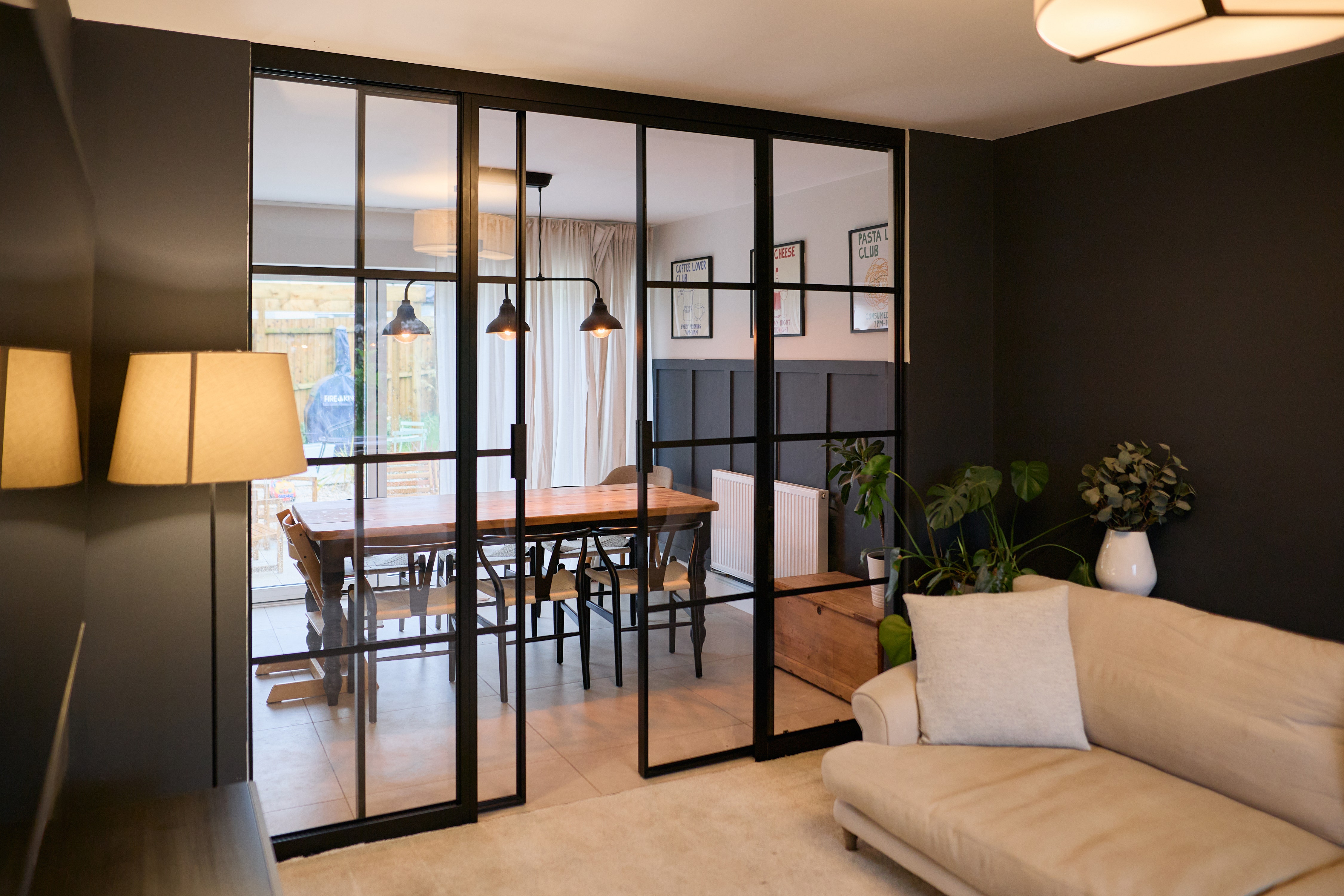Kitchen Extension Guide
-
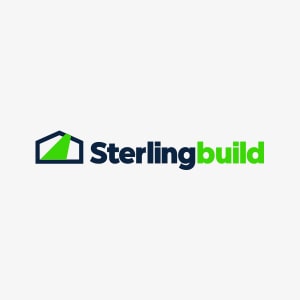 Sterlingbuild
Sterlingbuild - Advice & Guidance
- 27 Mar 2018
- 108views
- Reading time: 3 minutes
The Sterlingbuild Guide to Kitchen Extensions
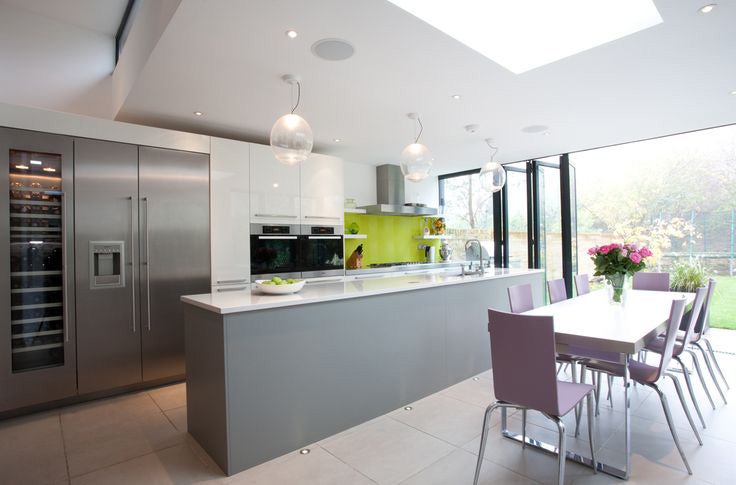
Updated June 2023
Why should you extend your kitchen?
With more and more people choosing to wine and dine with their friends at home rather than go out to eat, the kitchen has become more important than ever. Many homeowners now regard the kitchen as the heart of the family home instead of the living room.
It is no surprise then that an increasing number of homeowners are
opting to turn their kitchen into an open-plan living space.
Extra room for a dining table big enough to fit the whole family and space to host large parties is impossible for a lot of kitchens in their current size, so extending the room and creating a stylish, open-plan layout full of natural sunlight has come to be viewed
as an ideal home solution.
What type of kitchen extensions are there?
An increasingly popular kitchen extension choice for
homeowners is a rear kitchen extension. Replacing a conservatory by building
out towards the garden can make for a larger, open-plan space where homeowners can cook, eat and entertain with ease.
A current trend
is to let as much natural light into the room as possible by installing a combination of pitched roof windows or one
large flat roof window, such as a Korniche
roof lantern.
Doing this can make the room feel bigger and
help create the ultimate fresh air dining experience.
Alternatively, if your home is designed to allow so,
side return extensions, most suitable for Victorian or Edwardian houses, can be built in the ‘side return
gap'
at the side of the house, allowing extra room for your kitchen.
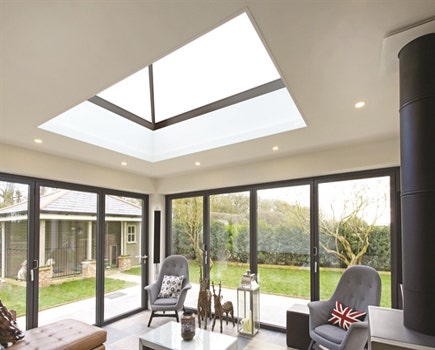
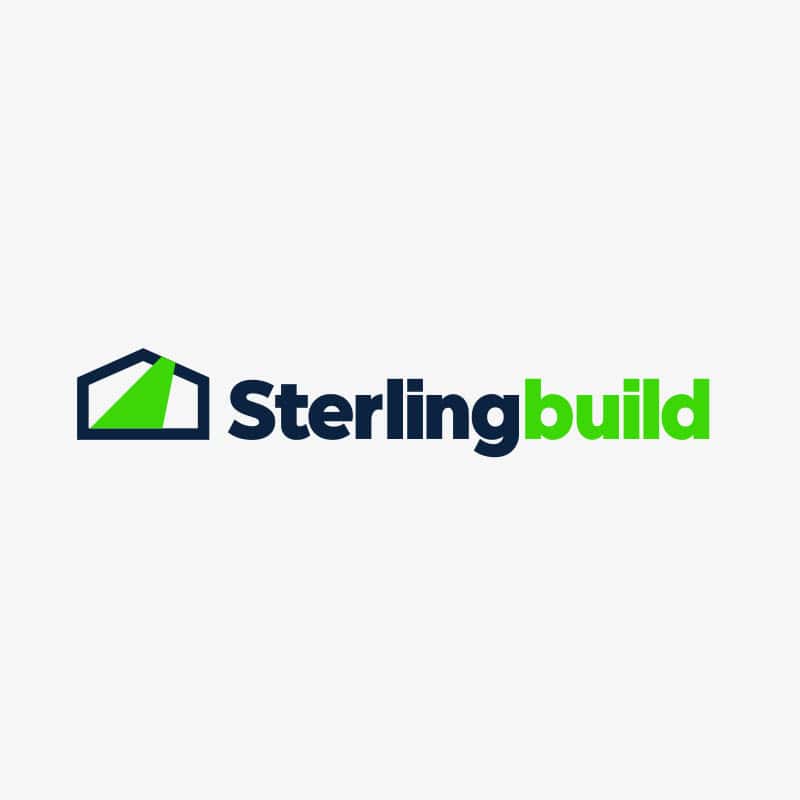.jpg)
How much does a kitchen extension cost?
Kitchen extension cost can be
affected by how complex your extension will be, whether you need to move the plumbing or if you're building an
extension.
As a guide, a kitchen extension
with a plastered finish usually costs between £1,400
and £2,000
per square metre, meaning a
straightforward single storey kitchen extension at the rear of your property could cost you around
£10,000. On average, homeowners usually spend closer to £30,000 on a kitchen project, however this can be dependent on many things including location, size of the extension and choice of materials and fittings.
If you are looking to add value to your house, the Office of National Statistics have a handy extension calculator to help you work out if extending or
converting your
kitchen would be financially worth it.
Is a kitchen extension worth it?
The extra usable space gained through a kitchen extension can make a huge difference to not only your style of living but also the value of your home.
The instant improvement it can make to your home is massive, allowing you and your household to enjoy a comfortable and open living space. This type of extension can add value to your home and increase your return on investment if you should ever choose to sell. It is worth remembering that consulting your local estate agent is always an option to see which kitchen extensions are the most popular in the local area, and where it might be worth drawing the line in terms of budget.
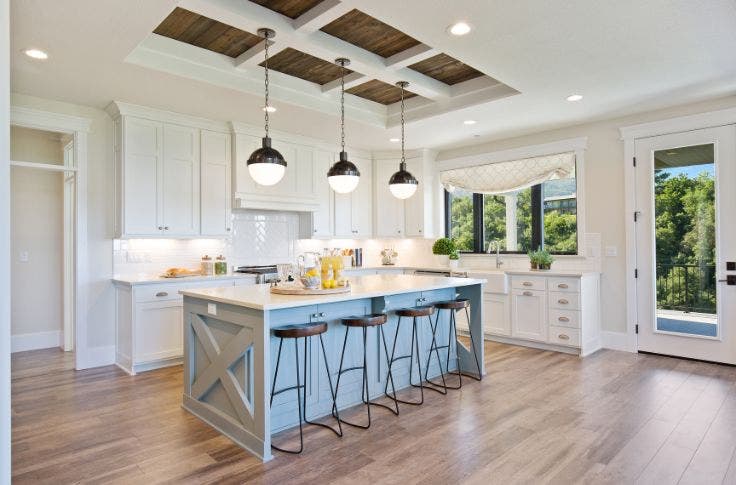
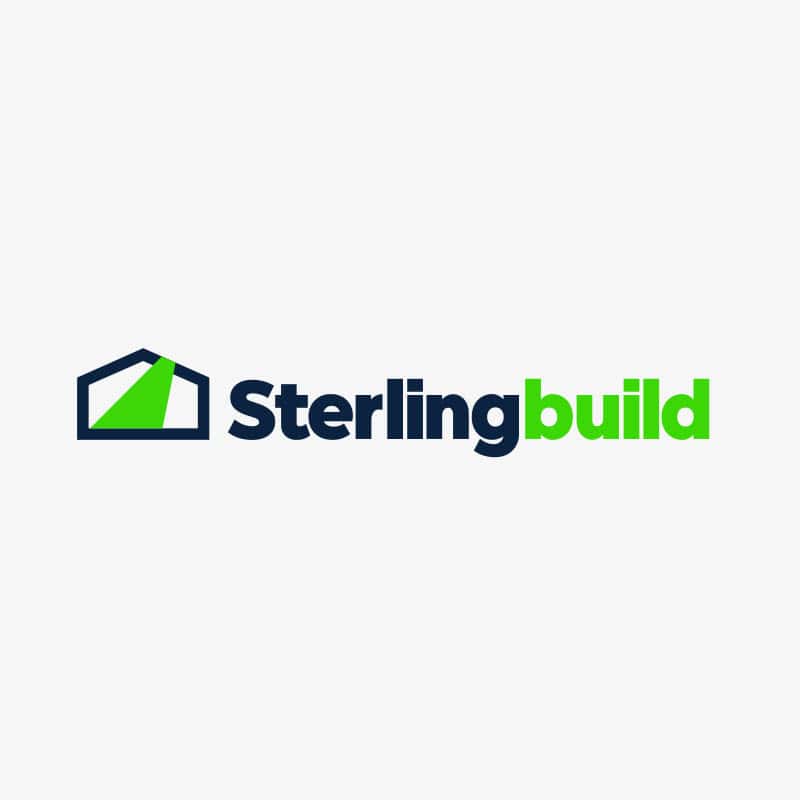.jpg)
What daylight could I add to my kitchen extension?
are contemporary and reliable matches for most kitchen extensions thanks to their easy maintenance levels and ability to fit seamlessly into white spaces. An ideal source of natural sunlight, they are perfectly suited to modern living.
VELUX electric and solar
roof windows
are another
practical suit for kitchens thanks to an ability to regulate temperature and remove unwanted food smells via a sensor.
If you are extending your kitchen space out towards the garden, REAL
Aluminium bi-fold doorsare a great way of bringing the outdoors in, while also adding a touch of
wow to your new space.
What are the important things to consider?
Kitchen extension planning permission is always the first thing to think about, whether you think you need it or not.
The Planning Portal can provide a full picture on limits and conditions to your kitchen extension and is where most planning permissions in England and Wales are now submitted through.
Building regulations around safety and insulation also need to be taken into account. Contact a ‘building control body’ (BCB) for a full list of building regulations appropriate to your property. This can be done by visiting Gov.co.uk.
